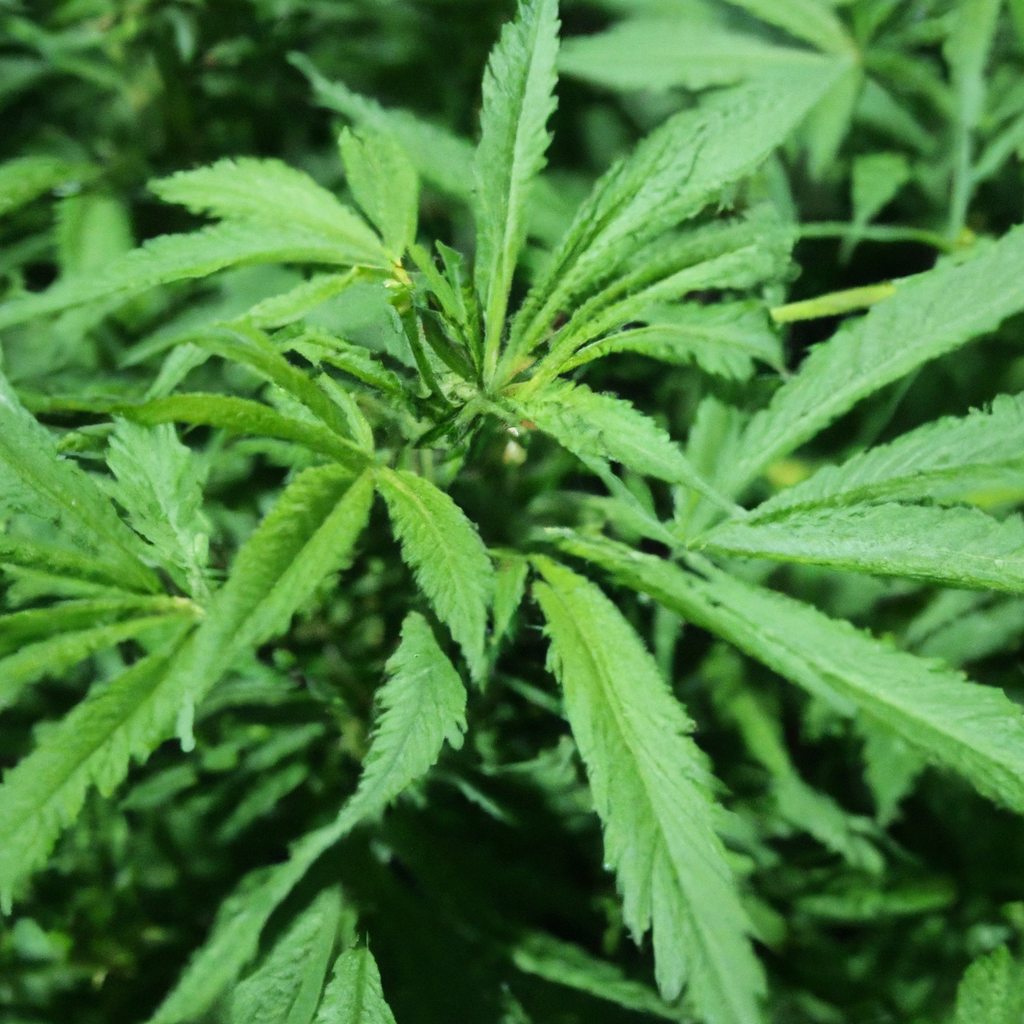Your cart is currently empty!
The journey to cultivating organic cannabis not only leaves a smaller environmental footprint but also yields healthier, more potent plants. This comprehensive guide explores best practices in using natural fertilizers, building soil ecosystems, and sustainable pest control methods. Let’s delve into how organic cannabis champions eco-friendly roots and elevates consumer experiences.
Enhancing Soil Health with Natural Fertilizers
A healthy soil ecosystem is the backbone of organic cannabis cultivation. Instead of synthetic additives, focus on enriching the soil with natural fertilizers, which promote robust plant growth and sustainability.
- Compost: Utilize kitchen scraps and yard waste to create nutrient-rich compost. This not only nourishes the soil but also reduces waste.
- Worm Castings: Also known as vermicompost, worm castings enhance soil structure, water retention, and microbial activity, which are vital for thriving cannabis plants.
- Green Manure: Grow cover crops such as clover or alfalfa between growing seasons. These crops add nitrogen and organic matter back to the soil when tilled under.
Implementing Natural Pest Control
Synthetic pesticides can damage the environment and impact consumer health. Organic growers can avoid these by employing eco-friendly pest management strategies.
- Companion Planting: Planting certain herbs like basil or marigold deters pests naturally.
- Beneficial Insects: Introduce natural predators like ladybugs or lacewings to control aphid populations without chemicals.
- Neem Oil: Derived from the seeds of neem trees, this natural pesticide disrupts the reproductive cycle of many harmful insects.
Promoting Sustainability in Operations
Sustainable practices go hand-in-hand with organic growing, reducing environmental impact and supporting long-term viability.
- Water Conservation: Implement drip irrigation systems to effectively water plants with minimal waste.
- Renewable Energy: Use solar panels to power growth lights and other equipment to minimize reliance on fossil fuels.
- Reduce, Reuse, Recycle: Recycle growing containers and reuse potting soil amendments to cut down on waste.
The Benefits of Organic Cannabis
Organic cannabis is celebrated not only for its environmental benefits but also for its superior quality and consumer health advantages.
- Higher Nutrient Content: Organic cannabis is nurtured with natural resources, which often result in richer terpene profiles and cannabinoid concentrations.
- Environmental Preservation: By eschewing chemical inputs, organic cultivation supports biodiversity and reduces pollution.
- Ethical and Responsible Consumption: Consumers can enjoy peace of mind knowing their cannabis is produced sustainably, aligning with eco-conscious values.
Conclusion
Mastering the art of organic cannabis cultivation requires dedication to sustainable practices. From enriching soil with natural fertilizers to using eco-friendly pest control, every step contributes to a healthier planet and superior product. As both growers and consumers, embracing organic methods provides a path toward a more sustainable future.


Leave a Reply